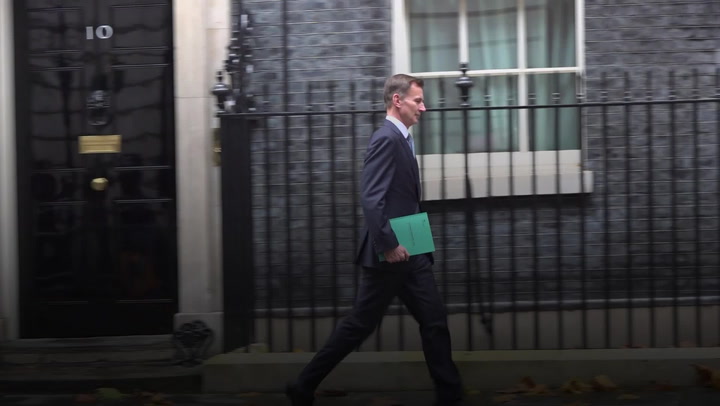UK Spring Budget – Pensions proposals silent on sustainability
The UK government’s Spring Budget last week put an emphasis on investments in the UK but creates more risks for long-term savers by not sufficiently addressing sustainability risks.
Pension funds and their investments have a direct influence on environmental, social, and economic outcomes. In order to secure the long-term financial interest of beneficiaries, pension funds have a responsibility to consider whether system-level sustainability risks will affect their ability to do this[1].
A key topic of the UK Spring Budget, also addressed in the Autumn Budget and the Mansion House speech, is pensions reform and how pension investments can be channelled into higher growth UK companies, whilst also ensuring better outcomes for savers.
Silence on sustainability
However, there was little to no mention of sustainability issues when considering the risks and opportunities facing the pensions industry. This is concerning given the long-term horizon of pension schemes and their reliance on healthy, resilient environmental and social systems to deliver lasting value for savers. Even more concerning is the potential for these reforms to unintentionally create an even more risk averse sentiment within the pensions industry[2]. Penalising schemes for poor performance could place undue pressure on trustees, prompting excessive caution that could prevent them from fulfilling their fiduciary duties.
Pension funds, as well as other institutional investors, have an important part to play in financing green growth. As long-term investors, pension schemes are particularly susceptible to sustainability risks – such as climate change – but are also well-placed to direct funds into green long-term productive assets[3] such as infrastructure and housing stock. Considering that the government hopes to unlock the potential of pensions to support economic growth and stability, the lack of effort to channel investment towards supporting the net zero transition is concerning.
Slow behaviour change in the pensions industry is due in part to the UK government taking a piecemeal approach to the net zero transition.
A missed opportunity
In 2021, the UK was the first jurisdiction to require the largest pension schemes to report in line with the Taskforce on Climate-related Financial Disclosures (TCFD) recommendations[4]. Building on this, the statutory and non-statutory guidance published by the Department for Work and Pensions in 2022 set new expectations for trustees to be more proactive in their stewardship activities, providing climate change, biodiversity, and modern slavery as examples for suitable stewardship priorities. The recent paper on Pension Fund Trustees and Fiduciary Duties: Decision making in the context of Sustainability and the subject of climate change from the Financial Markets and Law Committee emphasised that “Sustainability and the subject of climate change are of importance to pension funds generally, and beyond that to economies as a whole, and to the population at large”. However, last week’s budget once again set aside the issue of sustainability – a missed opportunity for the Government to capitalise on the paper’s findings.
Our recommendations for next steps
The PRI has prepared a policy brief on the UK pensions sector, further detailing the state of play and highlighting areas that require further work to fully address today’s complex challenges and opportunities. Our analysis shows that the good initial steps from the UK government have failed to translate into concrete guidelines that look holistically at the transition to a net zero financial centre, and how pensions will contribute to fulfilling the UK’s climate targets.
Despite continuing to acknowledge the importance of sustainability issues, last week’s announcement placed considerable emphasis on attracting investment in the UK, without linking it to net zero investment. This demonstrates an inconsistency in the government’s overall approach and keeps sustainable investment as optional, rather than mainstream. An additional £120 million allocated to the Green Industries Growth Accelerator falls far short of the £26 billion that studies show is needed yearly to create a prosperous low carbon economy[5].
Swift progress needed to address system-level sustainability risks
Slow behaviour change in the pensions industry is due in part to the UK government taking a piecemeal approach to the net zero transition and making minor adjustments to the governance and policies of pension schemes while neglecting the impacts of pension investments. To deliver long-term, risk-adjusted returns on behalf of savers and their future quality of life, swift progress is needed to ensure that pension schemes address the drivers of system-level sustainability risks to their portfolios.
An integrated government approach is crucial to mobilise all sectors and guide the real economy towards a sustainable future. This requires sending clear and consistent signals to investors about the government’s net zero targets and including key sectors of the economy. The UK government should provide guidance and well-designed incentives to ensure that UK pension funds participate fully into the transition to a net zero economy. This will empower the pensions sector to address sustainability risks and pursue positive sustainability impacts, ultimately ensuring a thriving future where savers can fully benefit from their pensions.
Read more @unpri











